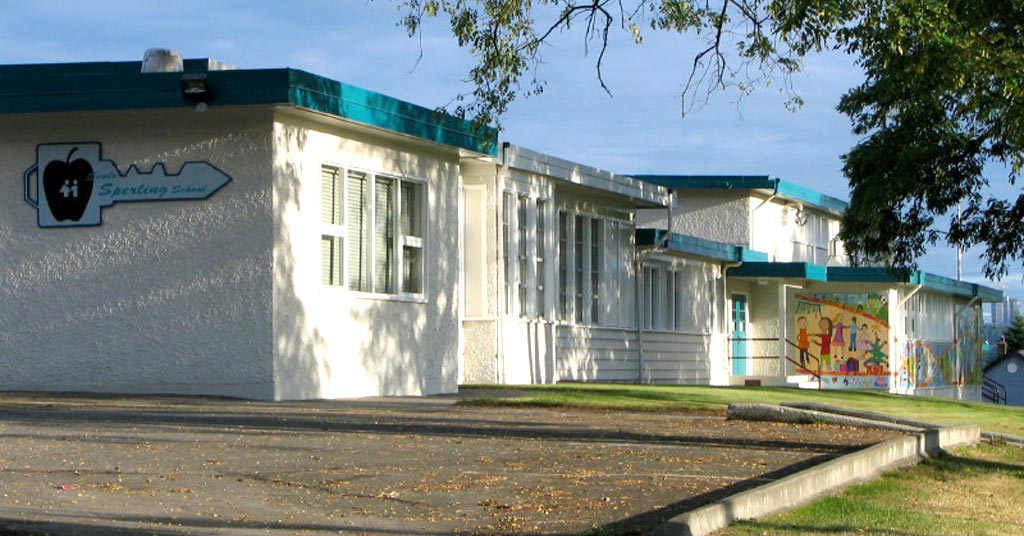
Budget Funding for Education Not Keeping Pace With BC’s Growing Population, Teachers Federation Says
British Columbia will need 20,000 new teachers over the next decade
The organization representing British Columbia’s 50,000 public school teachers says the province’s recent budget only maintains the status quo and leaves the province vulnerable to teacher shortages in coming years.
Prior to the release of the 2024 budget, the BC Teachers Federation has called on the BC government to deliver “meaningful support for public education,” amid teacher shortages and insufficient funding for special education year after year.
BC’s Budget 2024 announced $968 million to keep up with growing enrollment including more teachers, $4.2 billion to build, renovate, and seismically upgrade schools, $255 million for the Classroom Enhancement Fund, including special education teachers and school counsellors to keep up with enrollment and $30.3 million for learning supports to support students with dyslexia and related learning differences in the K–12 system over the next three years.
Budget 2024 takes on the big challenges people are facing today by helping with everyday costs, delivering more homes faster, strengthening health care and services, and building a stronger, cleaner economy. Together, we’re building a stronger BC. https://t.co/ZilcfRIL5J
(2/2)
— David Eby (@Dave_Eby) February 23, 2024
Clint Johnston, the President of the BCTF says that despite some positive steps in the overall budget, further steps are needed.
“The budget overall is not an austerity budget—it’s continued to spend on BC citizens as we would hope the government would do in difficult times,” Johnston told PressProgress.
However, Johnston says that on the education file, there hasn’t been much overall progress.
“It doesn’t really add any additional funding to be perfectly honest,” Johnston said.
“The additional funding is really only going to keep up with the enrollment growth. So, what it’ll do is it will perpetuate the same system we have right now and the same gaps that we’re seeing now, just for more students as they come in.”
BC’s rapid population growth means more students, and BC’s 2023 labour market outlook shows that the K–12 system will need 20,000 teachers and 7,000 teacher assistants over the next 10 years.
Johnston says other steps the province could take could include a loan forgiveness program or incentives to hire new teachers.
“A comprehensive loan forgiveness program could help out teachers who are being educated all across the province when they get into their jobs,” Johnston added.
“You could have straight up incentives to go on top of what already exists as a small amount on more places to encourage some of those teachers we do get to go to (other) community districts around the province.”
The BCTF also wants to see meaningful investment into inclusive education, which they say “costs around $350 million more than the province allocates to school districts for special education each year. School districts must find the money somewhere to close that gap, which often means cutting important programs and services.”
Johnston says this leaves teachers struggling and “stretched thin.”
“A survey we did with our members recently showed that more of them are having a harder time year upon year. The majority of them feel like they have been affected by the teacher shortages and the main effect of that has been an inability to support students and that is really hard on teachers. It’s wearing them out. It’s burning them out,” Johnston said.
“We had hopes for the budget. They weren’t met today, but it’s never too late. It’s an election year and we hope that the government takes another look and sees some things that they missed.”
Johnston concluded that while there is still work to be done on the education file, the budget brings welcome investments “to build and maintain schools, to support students with diverse needs. It also includes investments in housing affordability and childcare—issues that are important to our members and the families they serve.”
Our journalism is powered by readers like you.
We’re an award-winning non-profit news organization that covers topics like social and economic inequality, big business and labour, and right-wing extremism.
Help us build so we can bring to light stories that don’t get the attention they deserve from Canada’s big corporate media outlets.
Donate



